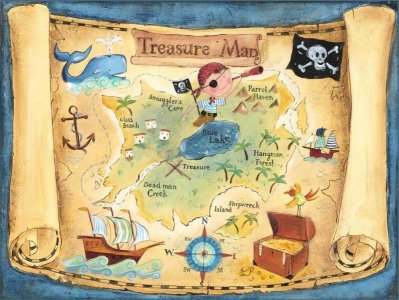OneEyedDiva
SF VIP
- Location
- New Jersey
My savings constitutes 26% of my portfolio. Most of that is in a credit union account. Our credit union is not even among the top 100 in the country. I'm going to transfer some of what's in there to two different bank savings and my brokerage so that my savings at each institution will have similar balances. The chosen institutions are among the top 11 (our of 100) in the U.S., with one of them being #1.
Have you or will you shift some funds in the wake of the bank failings. Do you need to?
Have you or will you shift some funds in the wake of the bank failings. Do you need to?


